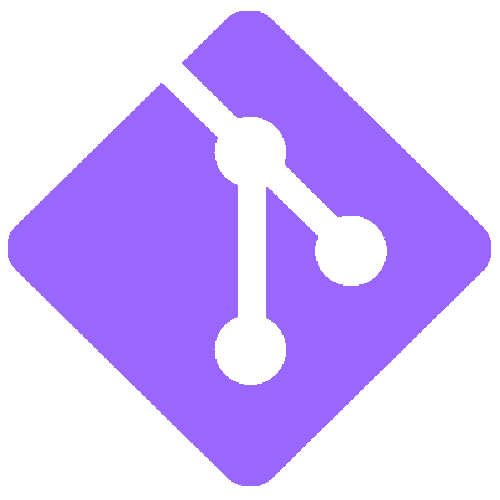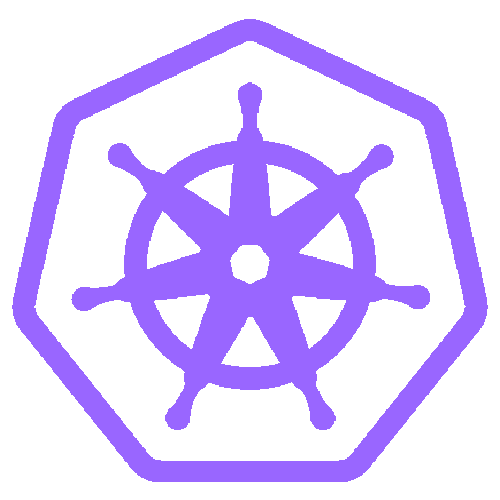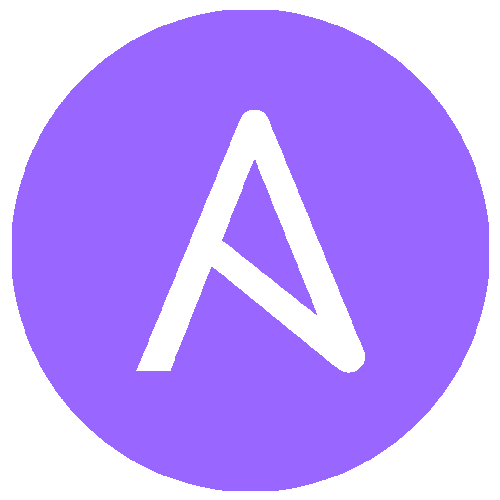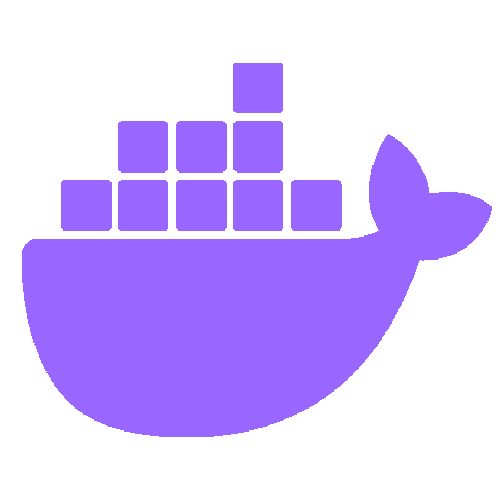DevOps Tutorials
DevOps is a set of practices that combines software development (Dev) and IT operations (Ops) to shorten the time to deliver applications.
Git
Git is a free and open source distributed version control system designed to handle everything from small to very large projects with speed and efficiency.
0 Articles
Kubernetes
Kubernetes, also known as K8s, is an open-source system for automating deployment, scaling, and management of containerized applications.
0 Articles
Ansible
Ansible is an open-source software provisioning, configuration management, and application-deployment tool. It runs on many Unix systems, and can configure both Unix as well as Windows.
0 Articles
ELK
ELK is the acronym for three open source projects: Elasticsearch, Logstash, and Kibana. Elasticsearch is a search and analytics engine. Logstash is a server‑side data processing pipeline. Kibana lets users visualize data with charts and graphs.
0 Articles
Docker
Docker is an open platform for developing, shipping, and running applications. Docker enables you to separate your applications from your infrastructure so you can deliver software quickly.
0 Articles
Puppet
Puppet is the most powerful configuration management tool. It’s drives your compliance, baseline, drift remediation, and deployment needs.
0 Articles
Chef
Chef is a company and the name of a configuration management tool written in Ruby and Erlang. It uses a pure-Ruby, domain-specific language (DSL) for writing system configuration “recipes”.
0 Articles
Jenkins
Jenkins is a powerful open source automation tool. It is widely used to create and maintain continuous integration and delivery pipelines. We’ll provide an introduction to using Jenkins, so you can get started quickly with your own CI/CD pipelines.
0 Articles








